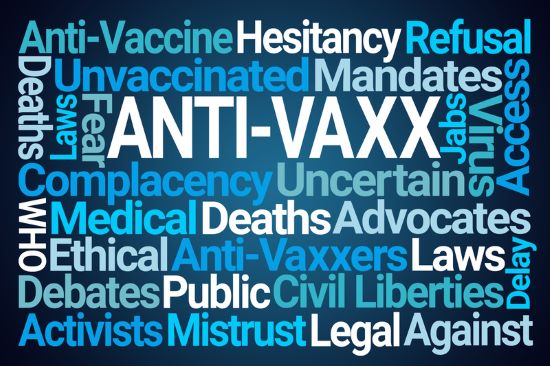COVID-19 is on the rise again here in Canada. In the past three weeks, two of my friends have gotten it and one of my brothers. When my wife visited her doctor earlier this week he told her that the number of cases of COVID-19 is soaring. We plan to get the new COVID-19 booster when it becomes available later this fall. It covers the newest variant.
In 2021, between March and November, nearly 1 in 5 Canadians opted out of having a free single dose of COVID-19 vaccine. The Canadian Public Health Association in describing the lessons learned from the pandemic states that vaccine hesitancy was responsible for 2,800 excess deaths and $300 million in additional hospital costs largely fuelled by misinformation. The politicization of vaccination was a contributing factor even though data from Canada’s largest province, Ontario, showed that of 38 million doses only 0.06% experienced adverse reactions.
There was no strong public health campaign to counter the advocates of misinformation putting millions in Canada at risk. While south of the border, vaccine politicization was even more extreme leading to a lack of confidence in new vaccines being produced with unprecedented speed.
My wife and as recently as last year in getting our influenza vaccine at our local doctor’s office, were told by the nurse administering it that she tells her friends that she never gets the flu shot and that COVID vaccines are unnecessary because all you get is symptoms equivalent to the common cold. If this had been stated by an illiberal and uneducated individual I would not have been surprised, but these comments and opinions were coming from a health professional.
A 2022 study published in Nature Medicine noted that the mindset about vaccines in Canada and 22 other countries showed that 79.2% of those surveyed favoured getting vaccinated. That number was 5.2% higher than the previous year. At the same time, 12.1% expressed hesitancy about getting a second shot with 38.6% reporting they were paying less attention to any new COVID-19 information coming from public health sources. Meanwhile, a 2022 meta-analysis of 24 articles on COVID-19 vaccine uptake weighted collective hesitancy at 42.3% of the population which contradicts the above-mentioned study.
Why as we come to the end of four years for the COVID-19 pandemic are so many hesitant to keep up to date with vaccination? The reasons are many and include:
- A lack of confidence in the vaccines concerning side effects, safety and efficacy.
- Vaccine exhaustion and complacency after multiple rounds of injections.
- Mistrust of the government and health authorities as authority figures.
- Belief in alternate “authority” figures such as words coming from celebrities, religious leaders and social media sources.
- Seeing vaccines as a threat to freedom of choice and believing in anti-vaccination rhetoric and conspiracy theories.
All of the above represent challenges to health authorities trying to provide credible, easily understood information for the general public on the importance of COVID-19 vaccinations. Increasingly, this type of misinformation is affecting the uptake of vaccines to prevent common childhood illnesses like measles, mumps, rubella, whooping cough, and chicken pox. It also continues to impact the uptake of influenza and RSV vaccines.
When Donald Trump as U.S. President suggested that people could inject disinfectant to kill COVID-19 it illustrated why politicians need to be kept at arm’s length from communicating health information. Medical professionals have tried to provide consistent, evidence-based information to the public but they have to compete with so many other messages coming from other sources. How can the public know who is accredited to talk with authority on the subject? What trusted sources can they reference when seeking information on vaccines?
In the United States, online reputable sources include the Centers for Disease Control and Prevention (CDC), MedlinePlus (the National Library of Medicine), Johns Hopkins University, Columbia University, Harvard Medical School, the Mayo Clinic, Cleveland Clinic and the American Academy of Pediatrics.
In Canada, the Public Health Agency of Canada, Toronto’s University Health Network, and the Hospital for Sick Children are reliable and trusted sources.
Internationally, the World Health Organization and the European Centre for Disease Prevention and Control are equally reliable.
Peer-reviewed science journals that provide the latest published research on vaccines including clinical trials include Nature, The Lancet, The New England Journal of Medicine, and PubMed Central.
Trusted news sources include NPR, the New York Times, the Washington Post and Reuters Health.
Fact-checking health science organizations include HealthFeedback.org and FactCheck.org SciCheck.
Finally, your best local source for information on vaccine efficacy and COVID-19 should be a trusted family doctor, your pediatrician, and specialist physicians you are referred to in the fields of epidemiology and immunology.
Note, none of the above trusted sources include celebrity actors and current or has-been politicians.









